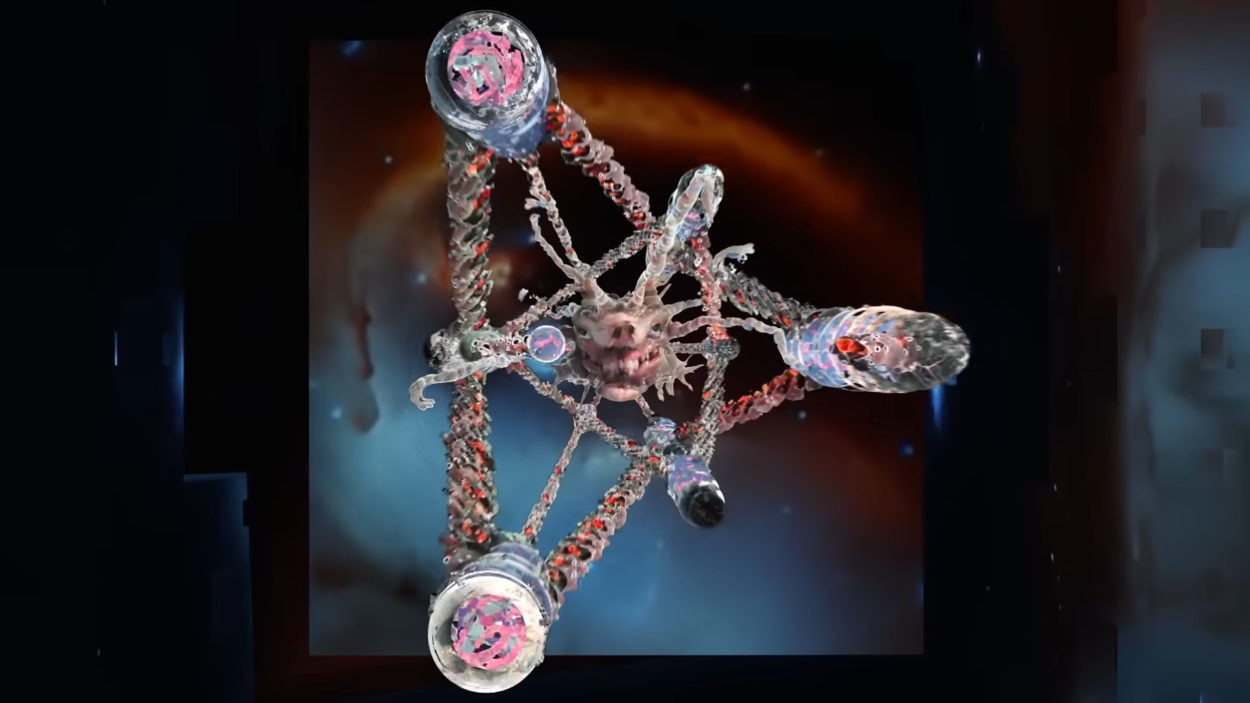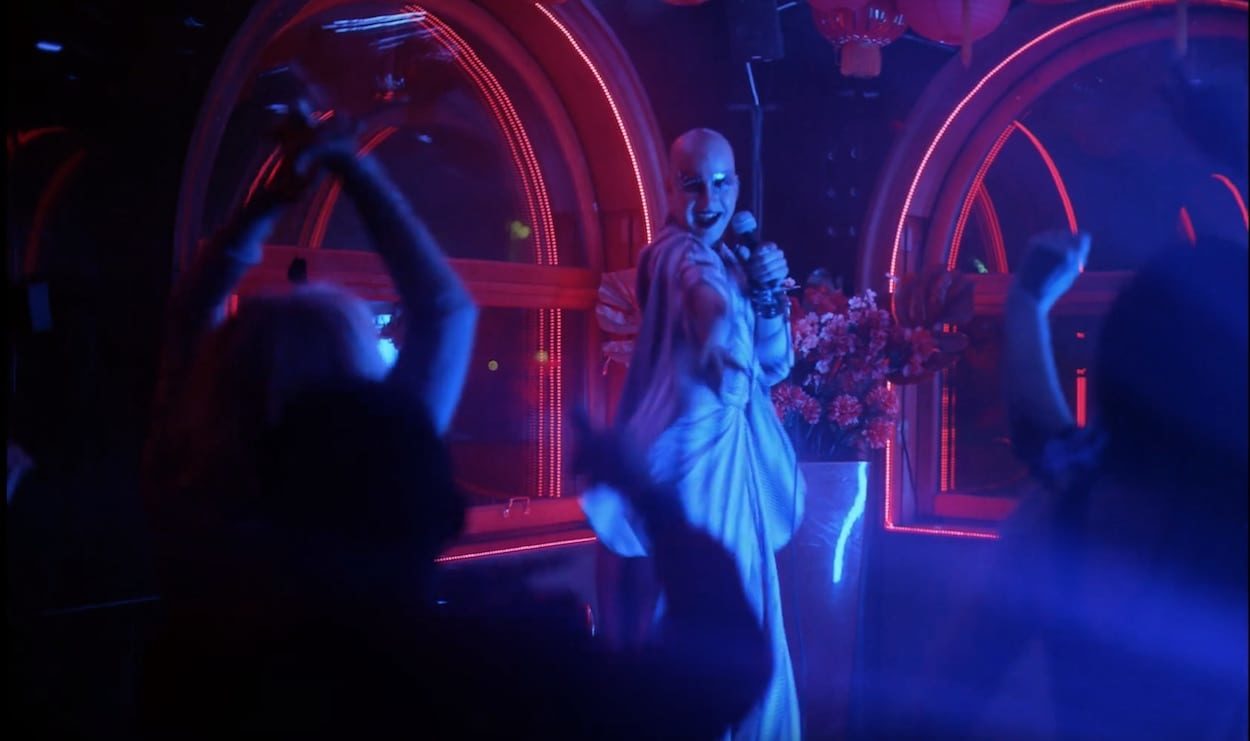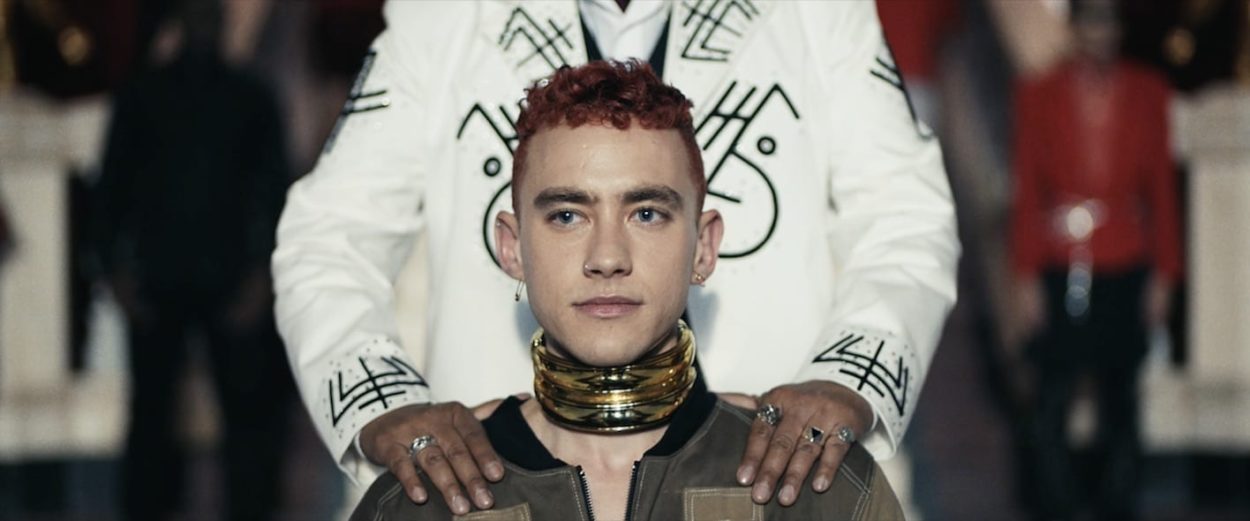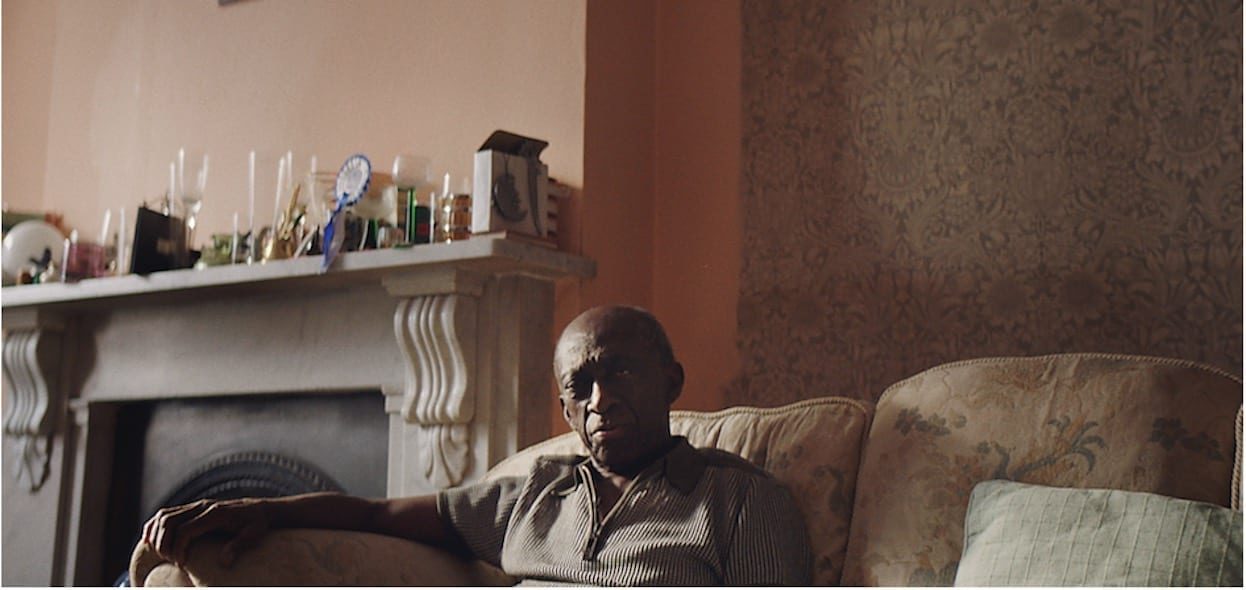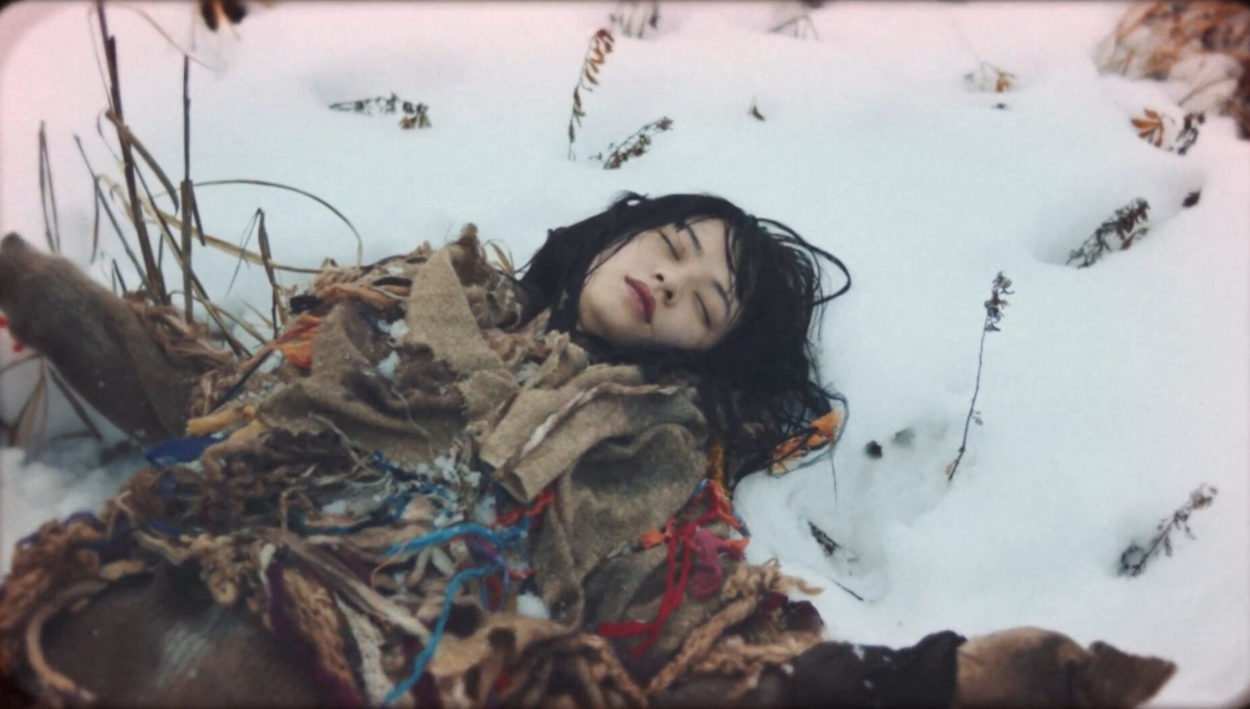Music and art is the life blood flowing through James Studholme’s extraordinarily creative production company Blink. But Studholme is not simply a facilitator of others’ creative endeavours. 1.4 talks with the ginger genius about jamming with his own band Police Dog Hogan.
Blink’s culture appears to be a hothouse of ideas, art, and making films that always have an astonishing creative originality about them. Of course production is stressful, but the overall vibe is that you run a very happy industrious house. What is your underlying philosophy behind this?
That’s very flattering to hear. One of the directors recently described Blink to me as feeling like an art school or a university, which I took as a massive compliment. After 27 years it’s nice if we can still be like that. Oddly enough we’re more like that now than ever.
One of the results of my…er… existential crisis of a few years ago was a realisation that I should do more of what I like doing and less of what I don’t like doing. That sounds a bit indulgent I know but amazingly, by doing just that, the company has thrived.
What I really love is music and art. In a rather unspecific way we put music and art in the centre of Blink and lo and behold extraordinary things have happened. Perhaps I’m embodying the idea that we should just make things that we need to make for the love of making them and because we think they need to be made, without too much concern for what others think. That’s a rather long sentence. Maybe it’s taken me this long to not care what others think. It’s very liberating.
And does this philosophy cross over into your music life and, I guess, your life generally?
Music, work and family life are all indivisible for me. I had a conversation recently with the marvellous Steve Norris, former Tory MP and London Mayoral candidate about his remarkable life. His view is that you decide on the life style you want and then figure out how to pay for it, work back from there and do what ever it takes to achieve it. I’m being a little reductive. I was faintly astonished because I simply can’t think like that. I have to do what I find creatively exciting or else I’m terribly easily bored. I spend all day hoping to be astonished and amazed by work we’ve done. If you are making transcendently good work something interesting is bound to follow.
After Neil Young made Harvest he realised the record industry had him set for the middle of the road, so he chose to head for the ditch. The possibilities of the ditch were more liberating than the middle of the road. The great thing about production companies is that they can be capricious, mercurial, intuitive and risk taking. More or less the opposite of advertising agencies.
Has music always been part of your life in different forms at different stages – please run us through the track of how you evolved into playing “urban blue grass”.
Well, I only got into the advertising industry because I thought the Moving Picture Company, where I first washed up as a runner, was a music video company. How wrong I was. I wanted to do a job that combined Music and Film. I had worked out that 2 and 2 made more than 4 when you put music and film together. It was 1981 and MTV was just kicking off.
Through the 1980s I was playing in an alt-country band called the Wright Brothers. The only trouble was that alt-country hadn’t been officially invented yet so we were hopelessly unfashionable.
I was doing my day job being a producer in order to make enough money to make records. Somewhere along the way my day job got to be serious… when does a ‘job’ become a ‘career’… and I was immersed solely in managing Blink. Any way after a long musical hiatus I came to the realisation that I had to be doing something for myself as opposed to just facilitating the creative endeavours of others. Don’t get me wrong, I love facilitating the creative endeavours of others and perhaps even more so now I’m able to do my own ‘personal’ work in another sphere.
I started recording songs again in a collaboration with Ben Parker. The clouds of depression lifted and before long various old friends of mine for whom music had always been a deep passion but had, like me, rather assumed that that part of our lives was long over, gravitated towards me. This settled down into being a group of seven. We had no fixed agenda beyond trying to get better and enjoy doing so.
It’s not strictly bluegrass but since the line up contains fiddle, banjo and mandolin that seems to be the categorisation that sticks. The ‘urban’ bit was a rather half-hearted attempt to draw a distinction with pure bluegrass which is very strict indeed. Inevitably with seven people you’ve got a a lot of different influences in there. The rhythm section, left to their own devices, are of a more latin/afro bent, the guitar player is a rocker and the banjo/mando end of things are bluegrass purists. I’m a centrist and like the collision between all of it.
Are you a self-taught musician or did you have singing / instrument lessons?
Basically self taught. I started writing songs around 1977 so I LOVED the punk idea that knowing too much technical stuff about playing and writing was actually profoundly bad for you. It encouraged my natural indolence. I don’t believe that now although song writing remains one of the universe’s great mysteries.
Did you ever have a musical epiphany? Or when did you first realise the power of music?
David Bowie doing Starman on Top of the Pops in an emerald green jump suit 1972, Graham Parker and the Rumour at Exeter University in 1977, Patti Smith at the Hammersmith Odeon 1976 and too many others to mention.
Over the years I have found that I don’t particularly get on with people who don’t really like music ALOT. It’s not like I have any kind of discriminatory policy about it. How could you? It’s just how it works out. It certainly makes sense in the context of Blink where it’s music that makes us all tick in one form or other.
We hear the band has a new album coming out? Can we expect a series of gigs this summer – are you on the festival circuit?
We are playing at the Bush Hall on May 10th and the 100 Club on June 20th. Festival wise we are doing Maverick and Cornbury on the 30th June / 1st July and Kendal Calling at the end of July. We’ve got a fair few more festivals looking likely. The record comes out in the autumn and is called ‘From The Land of Miracles’.
Is the writing of the lyrics and the music a collaborative or solo effort?
I suppose I am the principle writer in the band but most of us chip in, so songs range from fully complete songs that the band decorate to complete seven way collaborations. There seems to be two sorts of songs. The inspirational ones which arrive fully formed in 30 minutes as some sort of state of grace to the songs that are laboured over, stripped down, reconstructed, tweaked and agonised over. They might take several years to finish.
In Paul Zollos’ book ‘On Songwriting’ he interviews hundreds of the greatest ever songwriters, none of whom can provide any real insight into how it happens. They talk about songs appearing from the ether. You can’t really do anything to make inspirational songs arrive although you certainly know what won’t encourage them. Steve Earle says he finds songs inside guitars and that’s why he has so many of them.
Why did you choose very new director Fred Rowson to shoot PDH’s video Shitty White Wine?
Freds’ Dad the esteemed Martin Rowson, Guardian Cartoonist and man of parts, is a good friend of two members of the band and that’s how Fred came into our orbit. He seemed astonishingly bright and already a very accomplished film maker for one so young. Best of all he WANTED to make a video for us. He drove the production from start to finish and was deeply impressive. Through that he has come onto Colonel Blimps’ radar.
We are well underway on the next one with him which will be completely different. I rather see making videos for PDH as an opportunity to work with directors who are either just starting out or perhaps with established directors where it gives them an opportunity to do something completely different from the work they usually do. I like to help shape the idea and then leave them to get on with it. We’ve got quite a lot of ideas we want to do!
What part of the process of making music do you enjoy the most?
The writing, arranging and recording.
Is it all sex, drugs and rock’n’roll?
Hope springs eternal.
See tour dates and a taster called Better Go Now from The Land of Miracles album: www.policedoghogan.com

